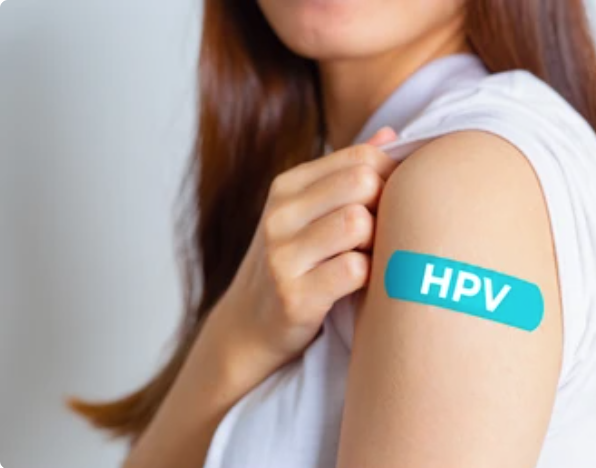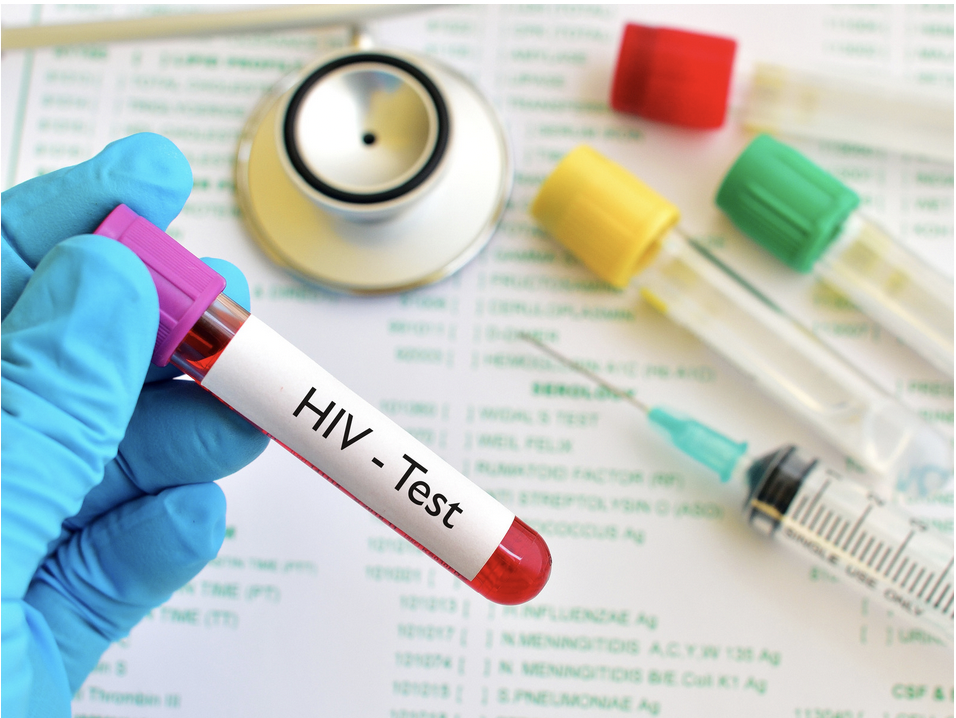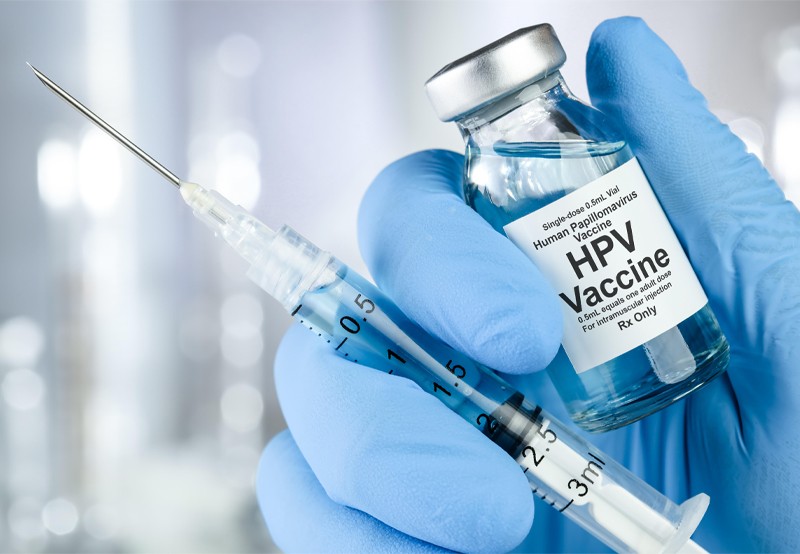How dangerous is a HPV?
 HPV stands for a very common group of viruses which normally do not cause symptoms for most people. Most HPV infections can go away on their own. However, one should not take it lightly because some types of HPV can cause genital warts (growths or lumps around your vagina, penis or anus) or cancer.
HPV stands for a very common group of viruses which normally do not cause symptoms for most people. Most HPV infections can go away on their own. However, one should not take it lightly because some types of HPV can cause genital warts (growths or lumps around your vagina, penis or anus) or cancer.
Possible cancers that are linked to high-risk HPV include:
- Cervical cancer
- Anal cancer
- Penile Cancer
- Vulval Cancer
- Vaginal Cancer
- Some types of Head and Neck Cancer
HPV can be transmitted by sexual contacts, including:
- Vaginal, anal or oral sex
- Skin-to-Skin contact during sex
- Sharing sex toys
Unfortunately, there is no way to fully protect oneself against HPV. But there are two things that you can do to minimise the risks of contracting HPV:
- Using Condoms
- Obtaining the HPV Vaccine
Can I get the HPV Vaccine?
The HPV vaccine can protect you from most cases of genital warts and cancers caused by HPV, including cervical cancer and some head & neck cancers. However, it does not protect against all types of HPV.
Two HPV vaccination programs exist in England: The NHS Vaccination Program and the Vaccination Program for men who have sex with men (MSM).
Firstly, the NHS Vaccination Program targets all boys and girls aged 12 to 13 years old. The first dose will be routinely offered when the children are in school Year 8. The second dose will be offered 6-24 months after.
For
-
-
- girls born after September 1st, 1991
- boys born after September 1st, 2006,
-
If you have missed the HPV vaccine at school, you are eligible for free HPV vaccination on the NHS until your 25th birthday. The same applies to international students holding foreign passports.
Secondly, as certain types of HPV put MSM at increased risk of cancers and genital warts, MSM up to and including the age of 45 can get vaccinated for free on the NHS when visiting a SHS or HIV clinic. The same applies to trans-men and trans-women if the risk of getting HPV is similar to that of MSM.
Should I get the HPV vaccine?
 You are highly recommended to get 2 doses of HPV vaccine to protect yourself against cancers.
You are highly recommended to get 2 doses of HPV vaccine to protect yourself against cancers.
However, be aware that not everyone are suited for vaccination.
One should avoid getting vaccinated in the following cases:
- Pregnancy
- One has had a severe allergic reaction to any ingredients of the HPV vaccine or a previous dose of the HPV vaccine
In addition, if you are feeling unwell and has a temperature, you should delay vaccination.
What should I do if I suspect that I have contracted HPV?
The best thing to do once you have any doubts is to schedule a HPV testing (for more information on sexual health checks: insert link to the general guide). The HPV testing is not a blood test but a cervical screening. A sample of cells will be taken from the cervix and get tested for HPV.
How does HPV testing work with MeditSimple?
 We are working with the largest and most realiable laboratory in the UK (TDL). We can test you for all Sexually Transmitted Diseases.
We are working with the largest and most realiable laboratory in the UK (TDL). We can test you for all Sexually Transmitted Diseases.
We have made it easy for you! Only step 3 needs to be done and step 4 only if the results are abnormal.
It is very easy to get tested:
1- You book an appointment online
2- A referral form or prescription is created for you if you do not have one (free)
3- You go to the lab for sample taking
4- You receive a secure email when results are ready. If everything is OK, that’s it! If not, you will be invited by one of our doctors to a video chat to get a prescription and some advice (bw £20 and £55).
Our laboratory can test for all sexually transmitted diseases. Our rapid sexual health screening tests can also provide you with results within 4 hours. All results will be shared with you in confidence, and a video consultation with a doctor will be offered if the results are abnormal.
Would you like to make an appointment? It’s here:


